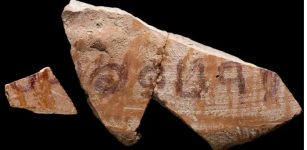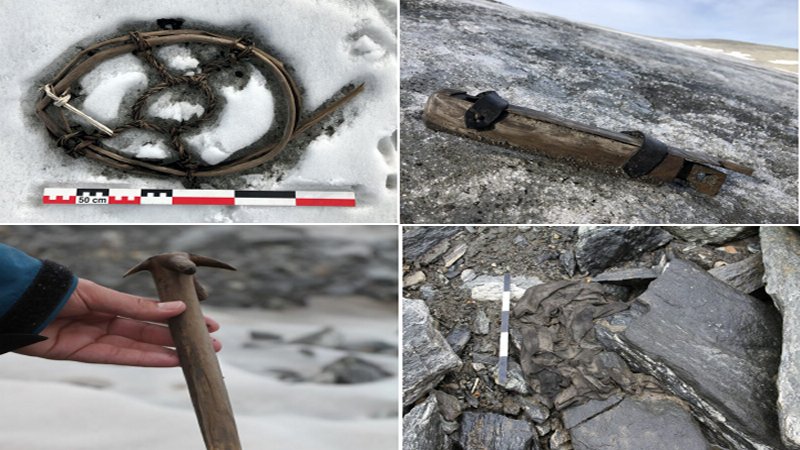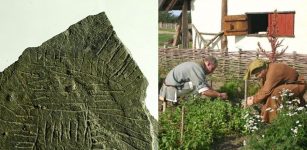Important Bronze Age City Of Akkadian Empire Discovered In Iraq
MessageToEagle.com – Some archaeologists are willing to risk their lives in the name of science and ancient history. Excavating just 45 kilometers from IS territory, a group of German archeologists have unearthed a large Bronze Age city not far from the town of Dohuk in northern Iraq.
The ancient city was established about 3000 B.C and dates back to the Akkadian Empire that according to historians is the first world empire in human history.
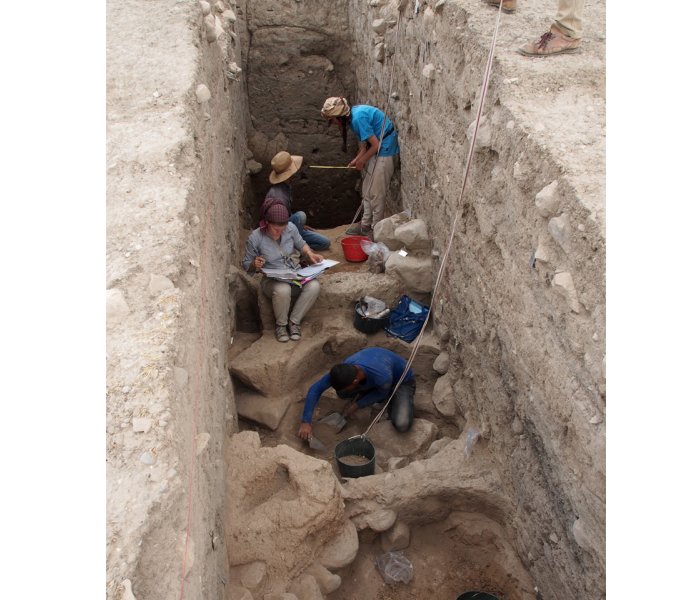
According to scientists from the Institute for Ancient Near Eastern Studies (IANES) at the University of Tübingen who are currently examining the area, the ancient settlement settlement is today home to the small Kurdish village of Bassetki in the Autonomous Region of Kurdistan.
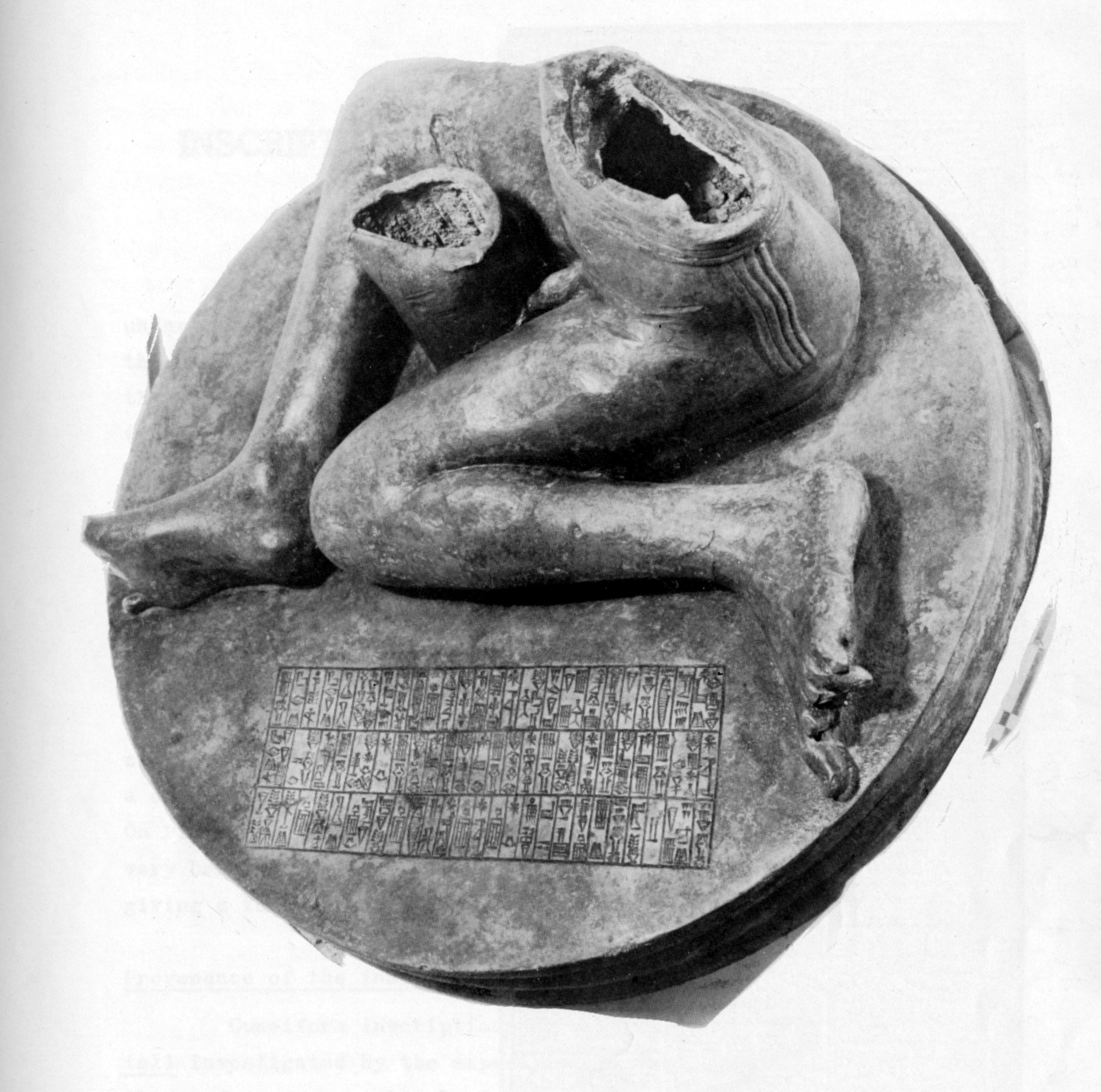
See also:
Sharkalishharri Cylinder Seal From The Fifth King Akkad Dynasty
Royal Inscription Of Naram-Sîn Of Akkad: The First Ancient King To Use Blocks For Printing Bricks
World’s Oldest Dictionaries Are 4,500-Year-Old Cuneiform Tablets Discovered In Ebla
During excavation works that took place in Bassetki between August and October 2016, scientists headed by Professor Peter Pfälzner from the University of Tübingen and Dr. Hasan Qasim from the Directorate of Antiquities in Dohuk found ancient fragments of Assyrian cuneiform tablets dating from about 1300 BC, which suggested the existence of a temple dedicated to the Mesopotamian weather god Adad on this site.
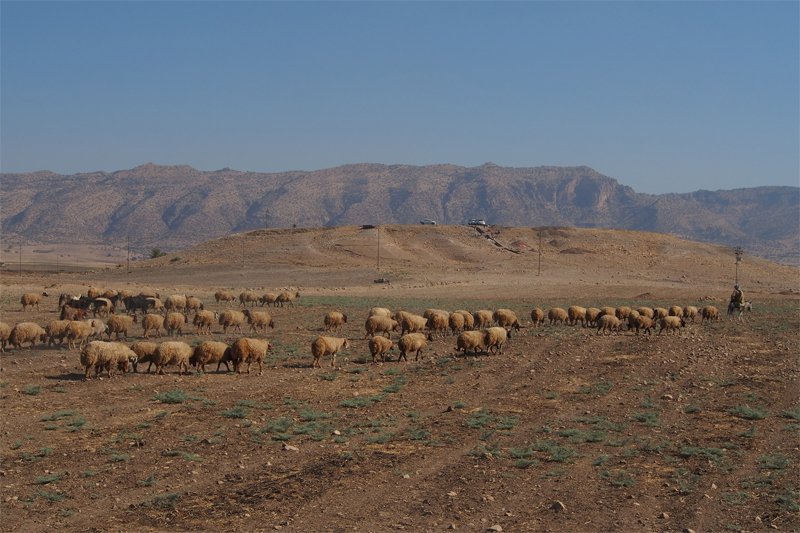
The Akkadian Empire produced many cuneiform tablets containing valuable historical information.
For example, the world’s oldest dictionaries come from the Akkadian Empire. The dictionaries are about 4,500-year-old and were discovered in Ebla, one of the earliest kingdoms in Syria. They written on cuneiform tablets and are part of the famous ancient Ebla archive.
Researchers were able to establish the ancient Akkadian city was well-protected. The ancient city had a wall running around the upper part of the town from approx. 2700 BC onwards in order to protect its residents from invaders. Large stone structures were erected there in about 1800 BC.
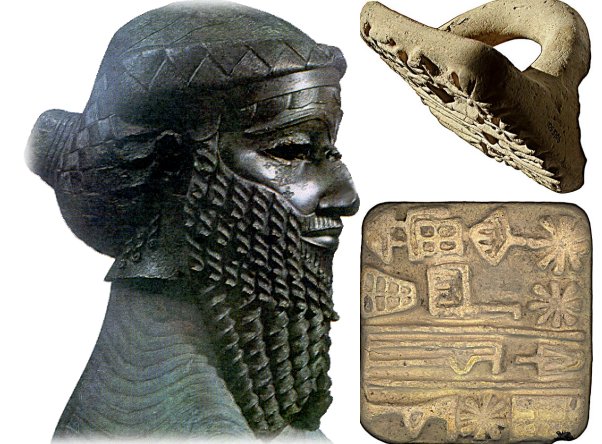
The Bronze Age city also had an extensive road network, various residential districts, grand houses and a kind of palatial building. Deceased people were buried in a cemetery outside the city.
The settlement was connected to the neighboring regions of Mesopotamia and Anatolia via an overland roadway dating from about 1800 BC.
In 1975, the city became known because of the discovery of the Bassetki statue which is a fragment of a bronze figure of the Akkadian god-king Naram-Sin (about 2250 BC).
During the Iraq War in 2003, the Bassetki statue was stolen from the National Museum in Baghdad, but it was later recovered by rediscovered by US soldiers.
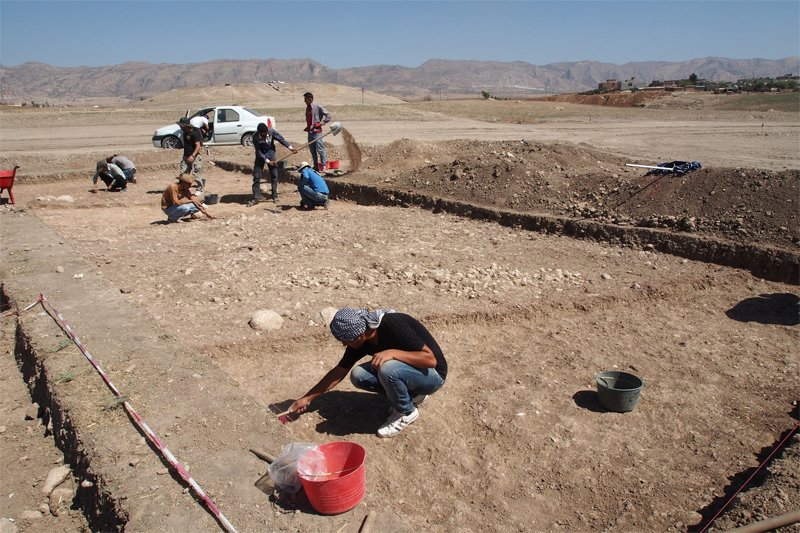
Some have wondered whether it is not dangerous to conduct archaeological excavations in the middle of the war-zone, but archaeologists said they were able to work without any disturbances
“The protection of our employees is always our top priority. Despite the geographical proximity to IS, there’s a great deal of security and stability in the Kurdish autonomous areas in Iraq,” said Professor Peter Pfälzner.
MessageToEagle.com
Expand for references

